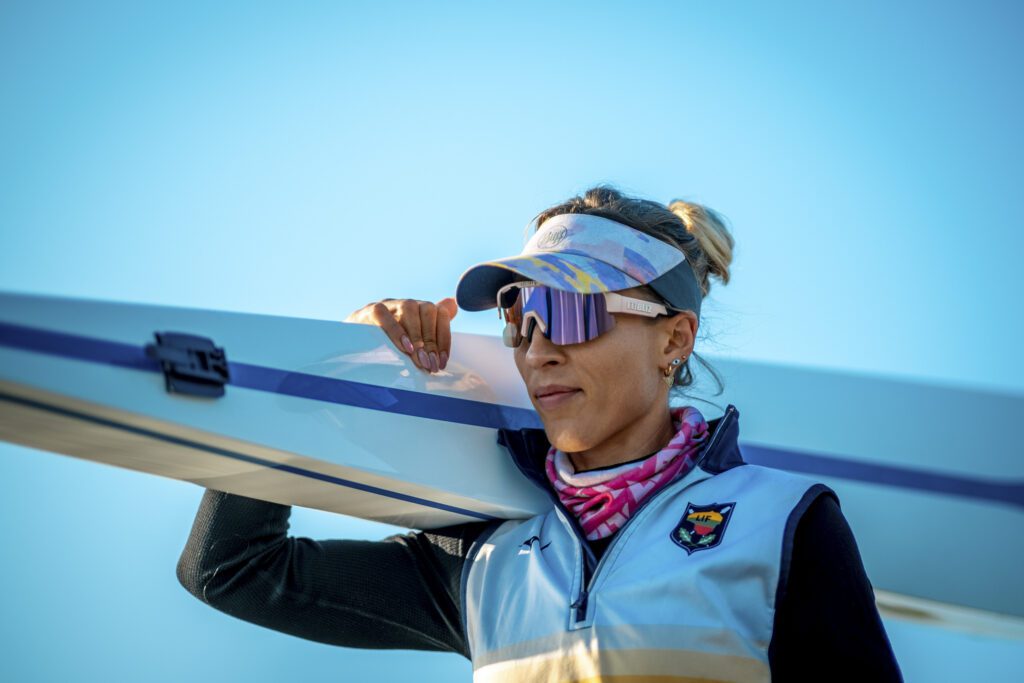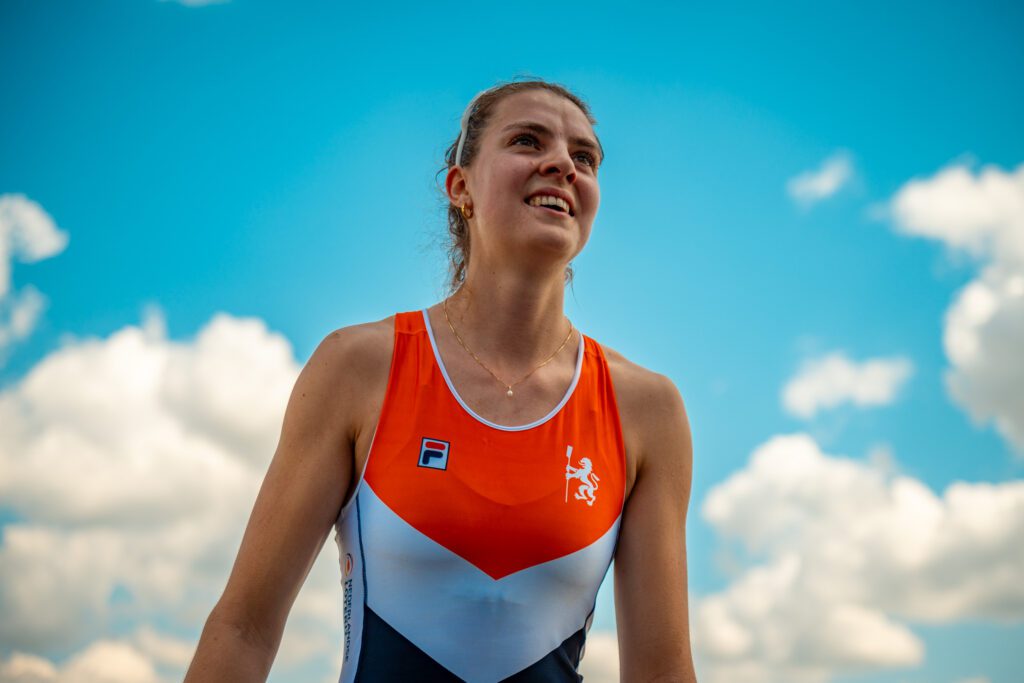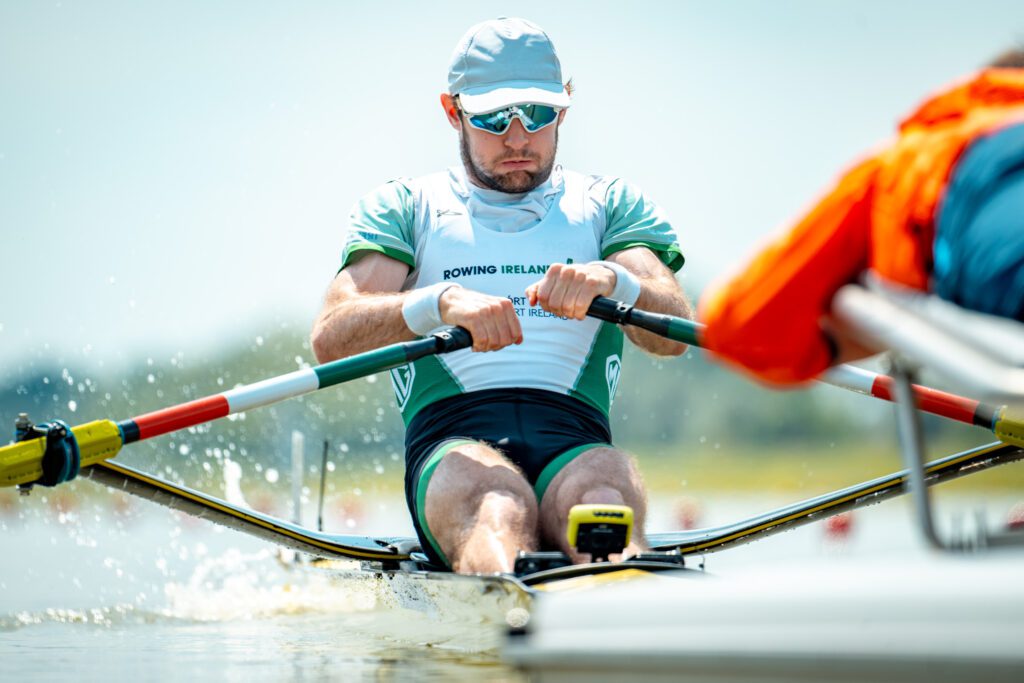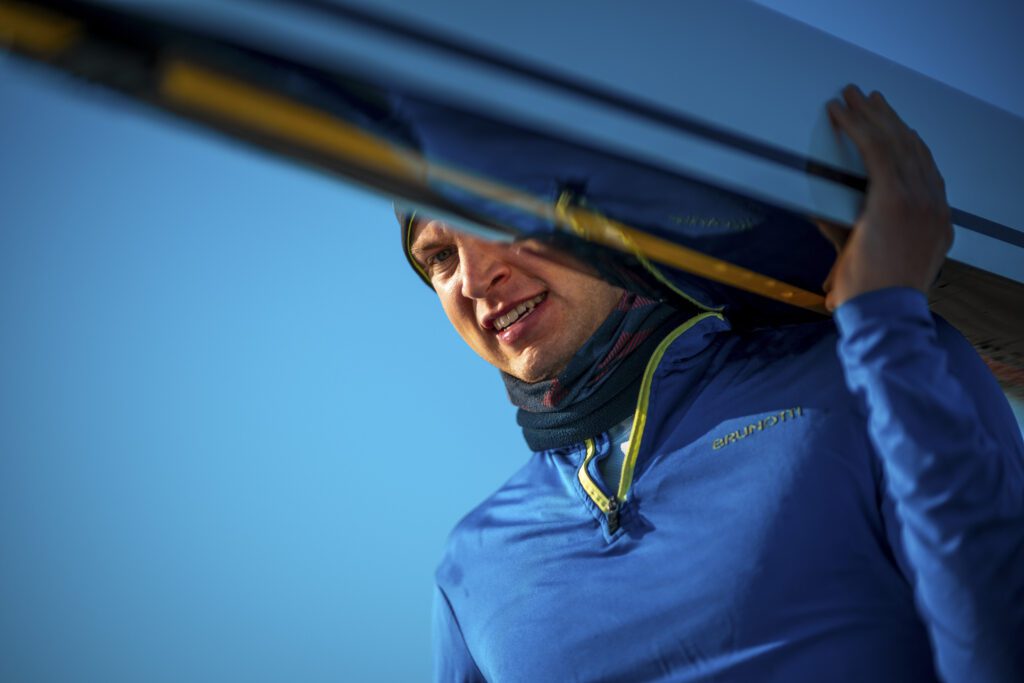Day one of Poznan’s 2019 regatta was buffeted and drenched in repeated rainshowers but, as the evening sunlight broke through, eventually sizzled with some delicious racing as the second world cup of what we must remember is Qualification Year got underway. The prism through which to see this regatta is that of the newly-appearing Aussies, Kiwis, Canucks and Yanks, along with a smattering of other non-European crews, some of whom had already turned up to the first round in Plovdiv during May (we’re looking at you, China).
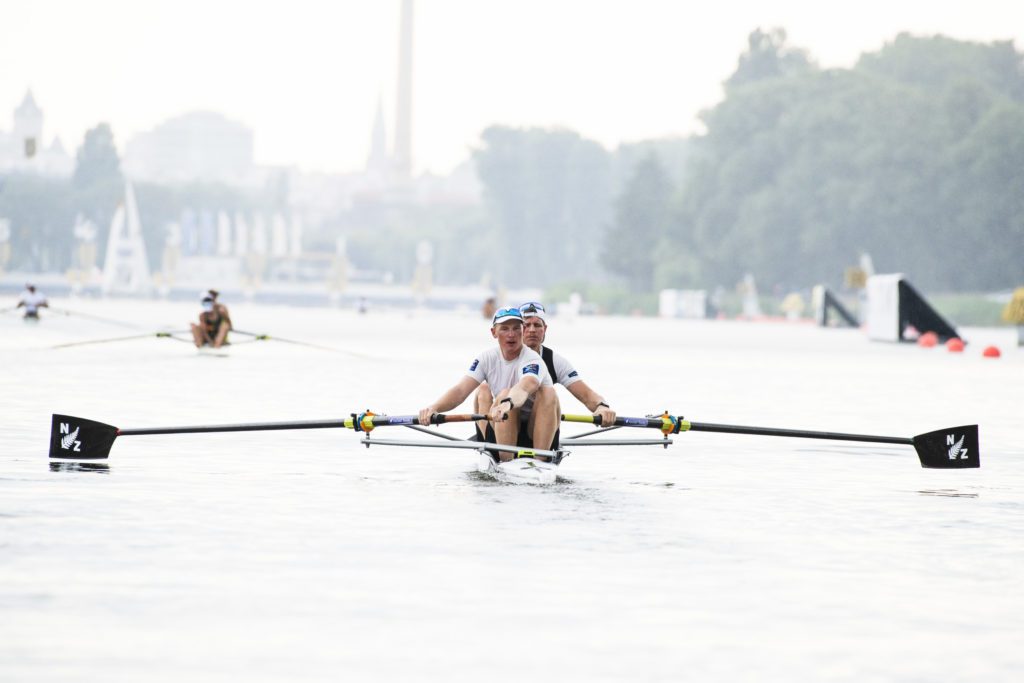
Photo Poznan marks the first international race of the season to feature southern hemisphere nations such as Australia and New Zealand.
Credit Benedict Tufnell
So how good are the new arrivals? The answer is, in generally sparkling form. New Zealand took six heat wins from their 16 crews, with another five crews trucking straight into the next round avoiding the repechage. Mind you, single sculler Robbie Manson was not going to make the mistake of putting out his top speed straight away, stalking along gently behind first Mindaugas Griskonis (LTU) in the heat, and then Oliver Zeidler (GER) in the quarterfinal. We haven’t seen the best of Manson yet, and he has form on this course.
Australia also impressed, eight heat wins from 19 crews and only six sent to the repechages being another solid start. Their men’s four and women’s pair were particularly impressive — the W2- matching the Kiwi former world champions’ time — while their M2x fought off China to post the quickest time of the day in an extremely competitive field. One of Australia’s strongest oarsmen is PR1 para-sculler Erik Horrie, and he duly fulfilled expectations. That he also finished more than a minute ahead of his nearest rival, Julien Hardi, was more to do with Horrie having a bash at his world best time (he was three seconds off the mark) than with Hardi, who was sensibly focusing on qualifying, being particularly slow.
The USA had five heat wins amongst their sixteen crews, but it was an interesting quintet, boasting a doublet of doubles, a single sculler who beat the best competition and a tweaked women’s eight along with the American mixed coxed four. Gevvie Stone’s year had been ruined when she found it impossible to beat Kara Kohler in the W1x, but teamed up with Cicely Madden to form a double which was quicker than established world medallists Ellen Tomek and Meghan O’Leary in national trials. Not that this happened on Friday — the two crews won successive W2x heats with Tomek and O’Leary, helpfully pushed by a very competitive Canadian double — setting a time three seconds quicker than their usurpers.
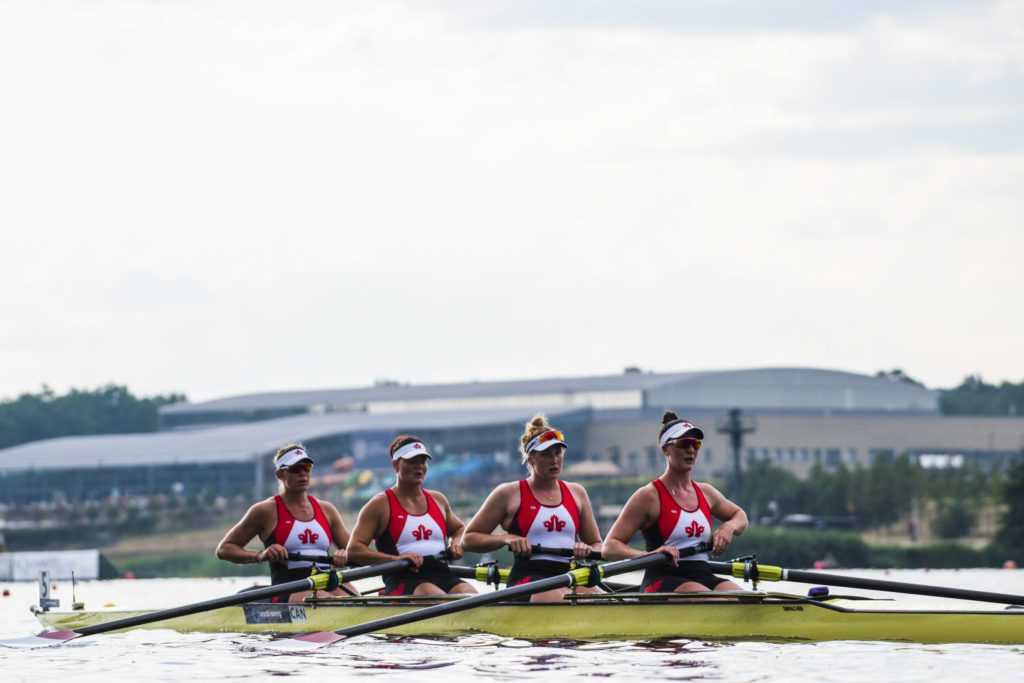
Photo CAN W4-
Credit Benedict Tufnell
Several of the 14 Canadian crews struggled more: just two won their races and another four got through, the best Canuck performance being men’s pair Conlin McCabe and Kai Langerfeld, who dominated their heat. The Canadian eights had a hard time: everyone with pretensions to this boat class is having a go and while the US and Australia reasonably comfortably won the women’s, Britain and Germany looked extremely predictable taking the only qualifying places in the men’s heats.
Unsurprisingly the Chinese and Dutch found themselves up against it compared with the easy run they had in Plovdiv last month. As well as their men’s double China’s women’s four has speed, as does their men’s quad, while second-string LW1x Chen Fang won the first close race of the day by a split second. It was particularly tough for the Dutch, since winning three test para-rowing races is not much to write home about, and their men’s eight is not present in Poznan.
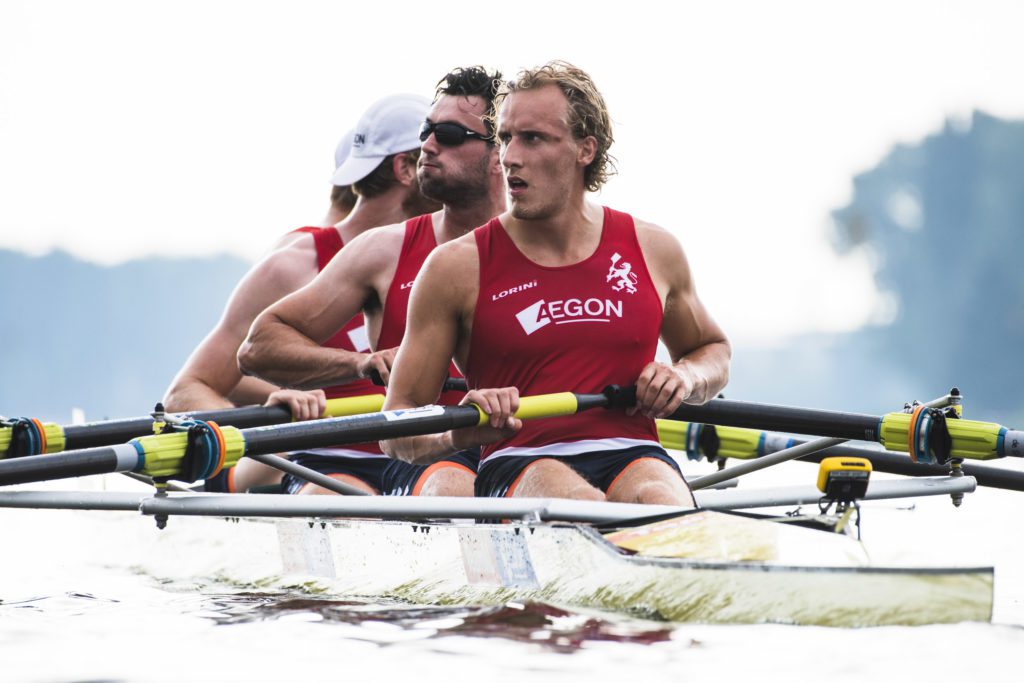
Photo NED M4-
Credit Benedict Tufnell
Of the personalities we are used to, there are a few missing: the Sinkovics aren’t racing here, neatly stealing Serbia’s upstart thunder, and both Ondrej Synek and Damir Martin are missing presumed injured, which opens up the M1x field even more. W1x stars Sanita Puspure and Jeannine Gmelin are also AWOL, which has left some interesting openings on the women’s side.
We get closer to the sharp end on Saturday as we reach megaton semis and the last few Olympic-class reps. FISA having managed to outwit the weather on Friday with some very well-timed scheduling, there should be gentle sun on Saturday with a steady but unadventurous head-cross wind: not strong enough to give the Fairness Commission a headache but sufficient to stop any more distracting thoughts of world best times.
